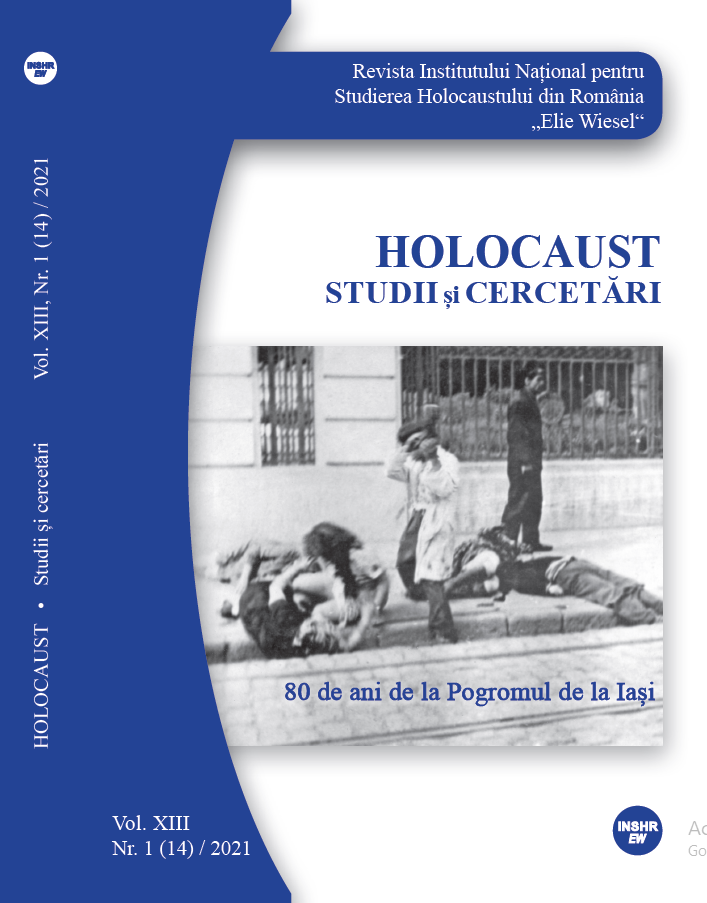Illiberalism and Antisemitism under Post-Communism
Illiberalism and Antisemitism under Post-Communism
Author(s): Michael ShafirSubject(s): Civil Society, Social history, Historical revisionism, History of the Holocaust, History of Antisemitism, Politics of History/Memory, Politics and Identity
Published by: Institutul National pentru Studierea Holocaustului din Romania ELIE WIESEL
Keywords: illiberalism;counter-revolution;usable history;friend–enemy;antisemitism;
Summary/Abstract: Illiberalism dates way back to the aftermath of the French Revolution but its post-communist resurrection may be approximately traced to the second decade of the new millennium. After reviewing several attempts to analyze the phenomenon and its causes, the article underlines the oft-neglected Carl Schmitt roots of the friend-enemy boundary common toilliberals such as Viktor Orbán, Jarosław Kaczyński, Benjamin Netanyahu and DonaldTrump. While illiberalism does not necessarily trigger antisemitism, it might foster it. Shared illiberal values may quash differences in attitudes towards antisemitism and official postures on antisemitism are insufficient to be guided by when examining differences between official and popular discourses.
Journal: Holocaust. Studii şi cercetări
- Issue Year: XIII/2021
- Issue No: 14
- Page Range: 155-182
- Page Count: 28
- Language: English
- Content File-PDF

